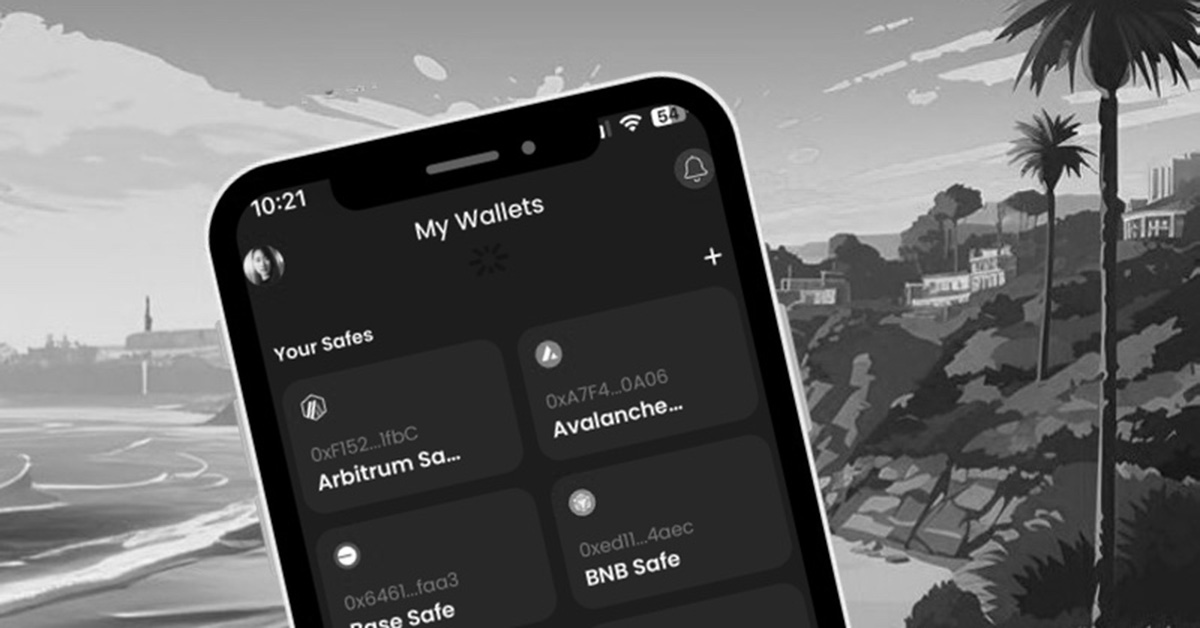- Apple Intelligence hasn't lived up to my expectations, but these 3 upgrades could win me back
- Samsung launches One UI 8 beta - what's new and how to join
- I invested in a subscription-less smart ring, and it beat my Oura in several ways
- HPE Aruba unveils raft of new switches for data center, campus modernization
- I tested the $17 multitool that everyone's buying on Amazon - here's my verdict after a week
Cryptocurrency wallet CEO loses $125,000 in wallet-draining scam

Anyone can get scammed.
If you think you’re somehow immune to being scammed, then, in my opinion, you’re a prime target for being scammed.
No one is too big, too clever, too security-savvy to avoid being duped because it’s only human to make a mistake and screw up.
And that certainly seems to be the case with Bill Lou.
Bill Lou is the CEO and co-founder of Nest Wallet, a cryptocurrency wallet that makes bold claims to “revolutionise wallet security.”
Lou has learnt that anyone can be scammed, and in his case, it’s been a costly learning experience – to the tune of 52 stETH (approximately US $125,000).
In a series of tweets, Lou describes how he effectively handed over $125,000 worth of cryptocurrency to fraudsters in the mistaken belief that he was claiming an airdrop for the new LFG (Less Fees and Gas) token.
Airdrops – a marketing and brand awareness tool used to promote cryptocurrency projects – offer influencers cryptocurrency or NFTs in the hope that they will encourage other investors. The offer of what can be considered equivalent to “free money” has often been used in recent years by fraudsters attempting to lure the unwary, using social networks, spam, and hacked websites to drive traffic to malicious phishing sites.
In Lou’s case, he was unfortunate enough to have been directed by Google to a blog article about the LFG token airdrop that contained a link to a scam version of the website where he hoped to receive a reward.
“This is the first time I’ve been scammed. I always read about others but you never think it could happen to you,” said Lou. “It looked like such a simple message. It’s always someone else’s problem… I feel like an idiot.”
The blog article, which was hosted on Medium, has since been removed.
According to the Nest Wallet CEO, he was not using his own app at the time of the incident as he “had a test version installed and was fixing some bugs.”
Bill Lou is not the only person to have been scammed by fraudsters exploiting the LFG airdrop. LFG’s official Twitter account warned that it was aware of “several scam accounts” that had been created on the platform, redirecting cryptocurrency enthusiasts into visiting fraudulent websites.
Cryptocurrency scams appear to have become particularly prevalent on Twitter, with scammers even successfully paying for ads to appear in users’ timelines.
Some $295 million worth of assets have reportedly been drained from wallets in the last year by phishing sites that trick users into signing fraudulent cryptocurrency transactions.
With so much fraudulent activity focused on draining cryptocurrency from the wallets of the unwary, it’s vital that no one thinks they’re immune from being scammed. If you are not able to verify that you are on a legitimate site, don’t take any risks.
Furthermore, if you’re planning to dip your toe into the murky waters of cryptocurrency, you might be wise to store your assets in a cold hardware wallet rather than entrust your fortune to software that might be more easily drained by a hacker.
Editor’s Note: The opinions expressed in this guest author article are solely those of the contributor and do not necessarily reflect those of Tripwire.

